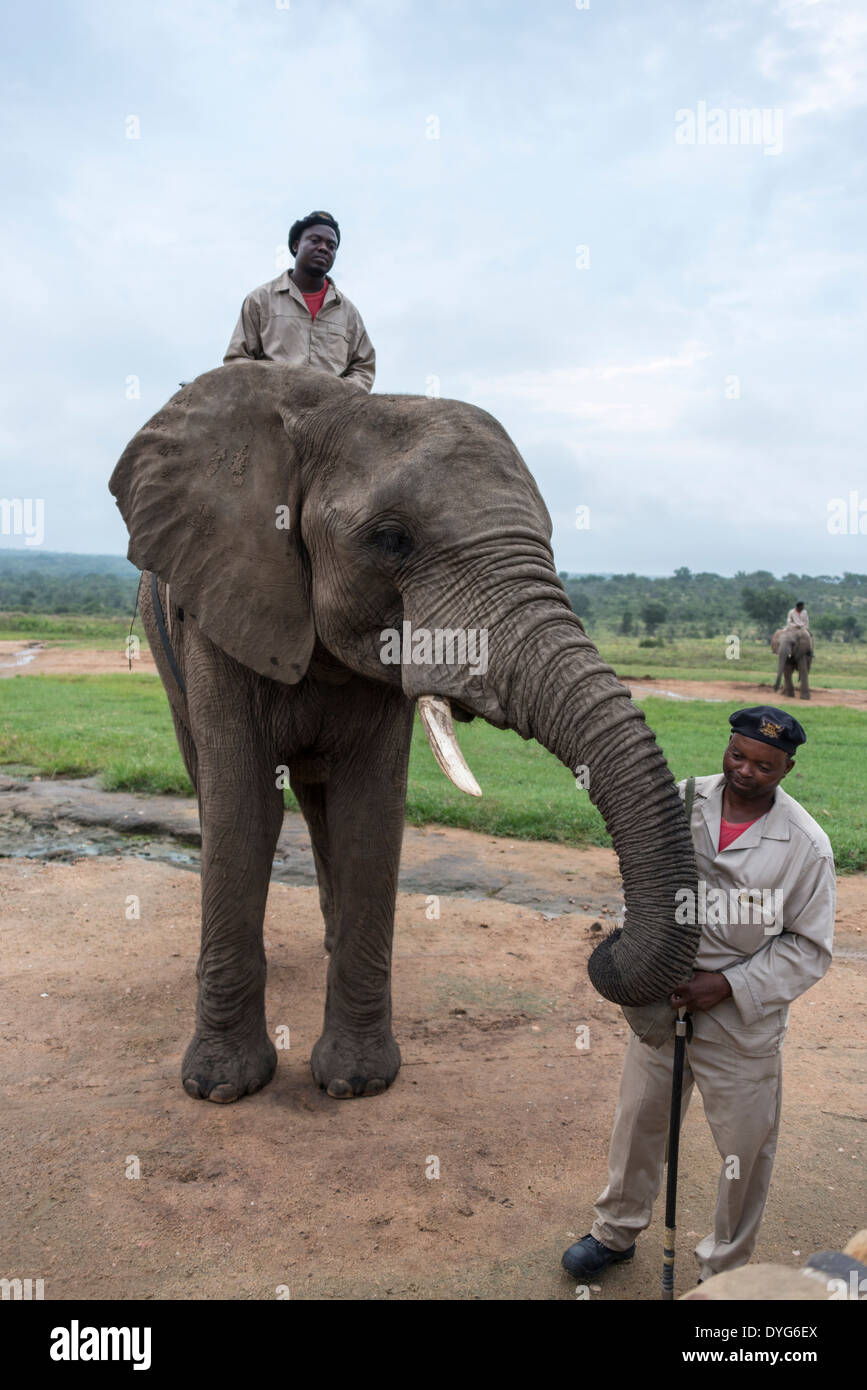Unveiling the Brave World of Ranger Africa: Protecting Wildlife and Preserving Nature's Beauty 🌿. In the heart of Africa, where vast savannahs stretch endlessly under the golden sun, a dedicated group of individuals stands as the guardians of nature's treasures. These are the rangers of Africa, whose unwavering commitment to wildlife conservation plays an indispensable role in protecting the continent's rich biodiversity. Their daily efforts ensure that future generations can marvel at the beauty of Africa's wild landscapes.
As we delve into the world of African rangers, it becomes evident that their work goes beyond mere observation and protection. These brave souls engage with local communities, educate them about the importance of conservation, and actively combat poaching threats. Through rigorous training programs and international support, they continue to fortify their skills, ensuring that they remain effective custodians of the land. Join us as we explore the inspiring stories behind these unsung heroes who risk everything for the love of nature.
The safari ranger and tracker duo form an integral part of wildlife tourism in South Africa. The ranger, as the trained and qualified guide, leads visitors through breathtaking landscapes, sharing insights into the flora and fauna of the region. Meanwhile, the tracker, often equally skilled and knowledgeable, reads the spoor—tracks and other signs left by animals—to enhance the safari experience. Together, they create an immersive journey that educates and captivates tourists while promoting conservation awareness.
This unique partnership between rangers and trackers not only enriches the safari experience but also highlights the importance of traditional knowledge systems. Trackers, sometimes without formal qualifications, bring invaluable expertise passed down through generations. This blend of modern science and ancient wisdom ensures that every safari is both educational and impactful. By working collaboratively, rangers and trackers contribute significantly to preserving the delicate balance of ecosystems within protected areas.
Beyond guiding safaris, the role of African rangers extends deeply into conservation efforts across the continent. Empowered by organizations like the African Wildlife Foundation (AWF), these professionals operate on the frontlines of wildlife preservation. Rangers undergo extensive training to become highly skilled law enforcement officers capable of tackling illegal activities such as poaching. Their presence acts as a deterrent against those who seek to exploit Africa's natural resources unlawfully.
Ranger Advocacy: Champions of Conservation
In the lead-up to World Ranger Day, the AWF shines a spotlight on the vital contributions made by rangers and community scouts. These dedicated individuals patrol vast expanses of wilderness, monitoring animal populations and gathering critical data for conservation strategies. Their work is essential for maintaining healthy ecosystems and ensuring the survival of endangered species. Through their efforts, they bridge the gap between wildlife management and human communities, fostering coexistence and mutual respect.
Community engagement forms a crucial aspect of ranger advocacy. By involving local populations in conservation initiatives, rangers help build awareness and understanding of environmental issues. This participatory approach empowers communities to take ownership of their natural surroundings, leading to more sustainable practices. As ambassadors of nature, rangers inspire others to join the fight against habitat destruction and biodiversity loss.
Support from global organizations strengthens the capacity of African rangers to perform their duties effectively. Resources such as advanced equipment, ongoing education, and financial assistance enable them to confront challenges head-on. Collaborative projects aimed at enhancing ranger capabilities underscore the shared responsibility of safeguarding our planet's precious wildlife heritage.
Boots on the Ground: Supporting Rangers Worldwide
African Ranger boots have emerged as a symbol of solidarity with conservationists around the globe. Companies like Jim Green manufacture high-quality footwear specifically designed for rangers working in challenging terrains. For every ten pairs sold, one pair is donated to a ranger in need, illustrating how small actions can make a big difference. Such initiatives reflect the growing recognition of the hardships faced by those protecting our natural world.
Comfort and durability are paramount when selecting gear for fieldwork. Properly fitted boots reduce fatigue and prevent injuries during long patrols. When discussing product issues, manufacturers listen attentively to feedback from users, ensuring continuous improvement in design and functionality. This customer-centric approach demonstrates the importance placed on meeting the specific needs of conservation professionals.
Community involvement in supporting rangers fosters a sense of collective responsibility towards environmental stewardship. Whether through purchasing products or volunteering time, individuals worldwide can contribute meaningfully to conservation efforts. These grassroots movements amplify the impact of ranger work, creating networks of support that span continents and cultures alike.
Training Tomorrow's Protectors: Building Capacity
Volunteer ranger training courses provide aspiring conservationists with the skills necessary to join the battle against poaching. Intensive anti-poaching programs cover various aspects of wildlife protection, including surveillance techniques, first aid, and legal procedures. Participants gain hands-on experience in real-world scenarios, preparing them for careers on the front lines of conservation.
Education remains key to developing effective strategies for combating illegal wildlife trade. By equipping volunteers with comprehensive knowledge and practical tools, training courses empower them to address emerging threats proactively. Mentorship opportunities allow newcomers to learn directly from seasoned veterans, accelerating their professional growth and enhancing team cohesion.
Collaboration among stakeholders ensures that training programs remain relevant and adaptive to changing circumstances. Partnerships between governments, NGOs, and academic institutions facilitate resource sharing and innovation in teaching methodologies. Together, these entities strive to produce competent and motivated graduates ready to defend Africa's irreplaceable natural legacy.

